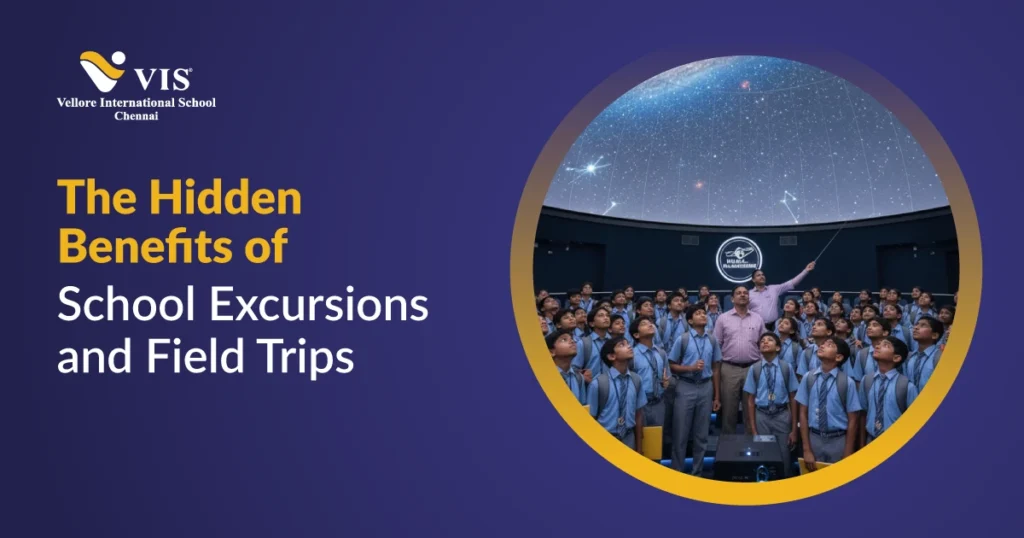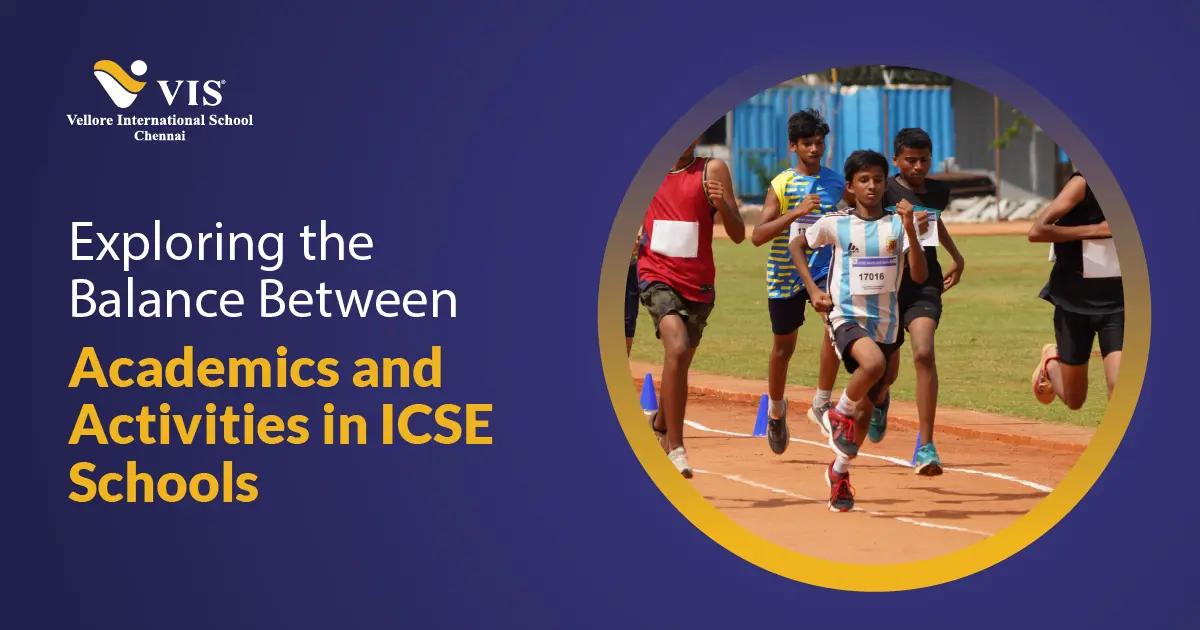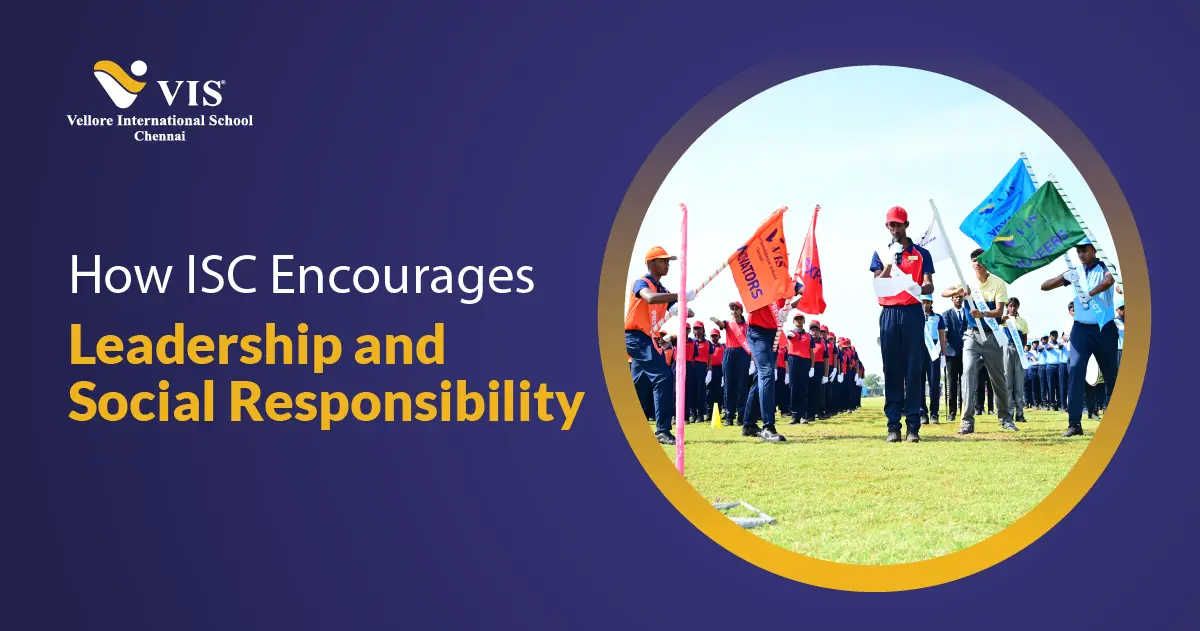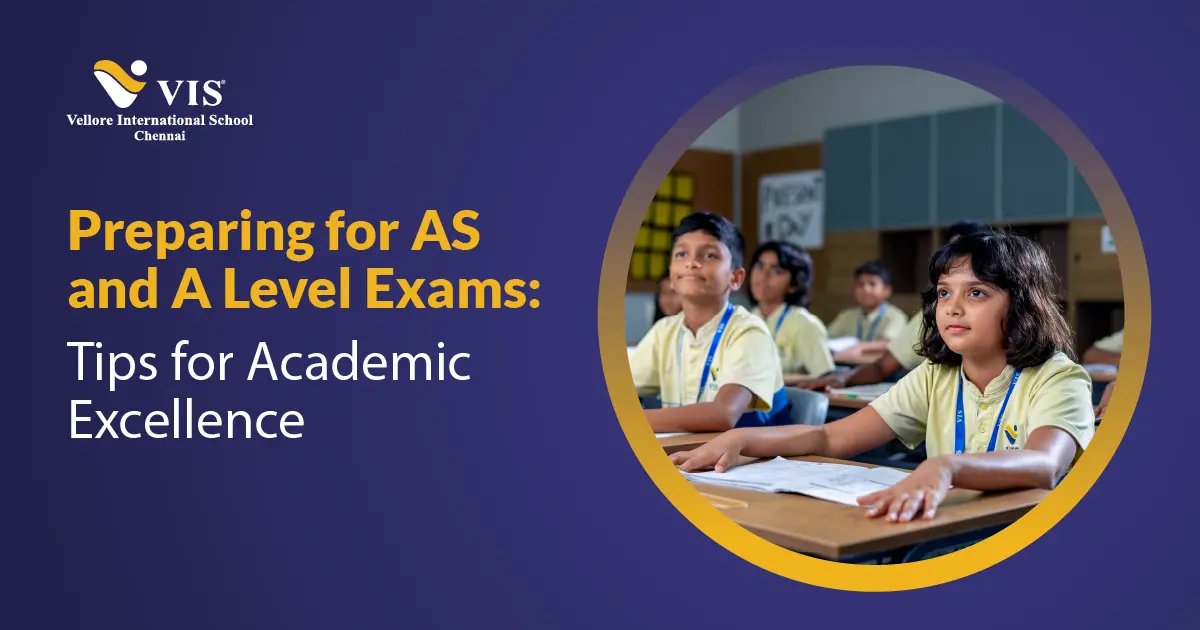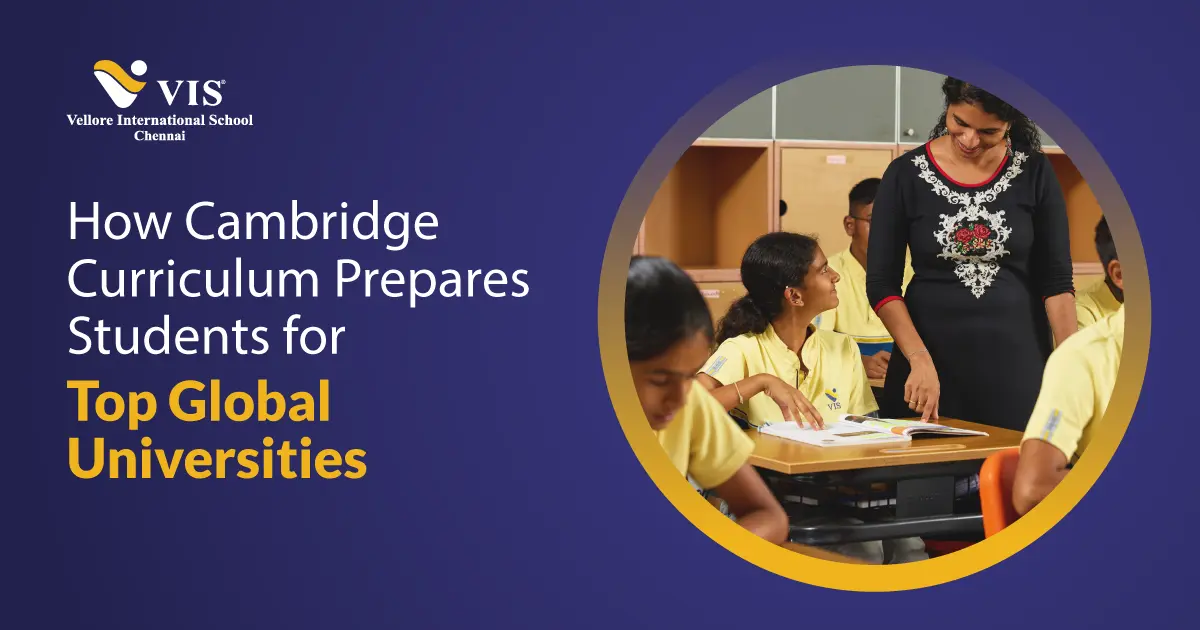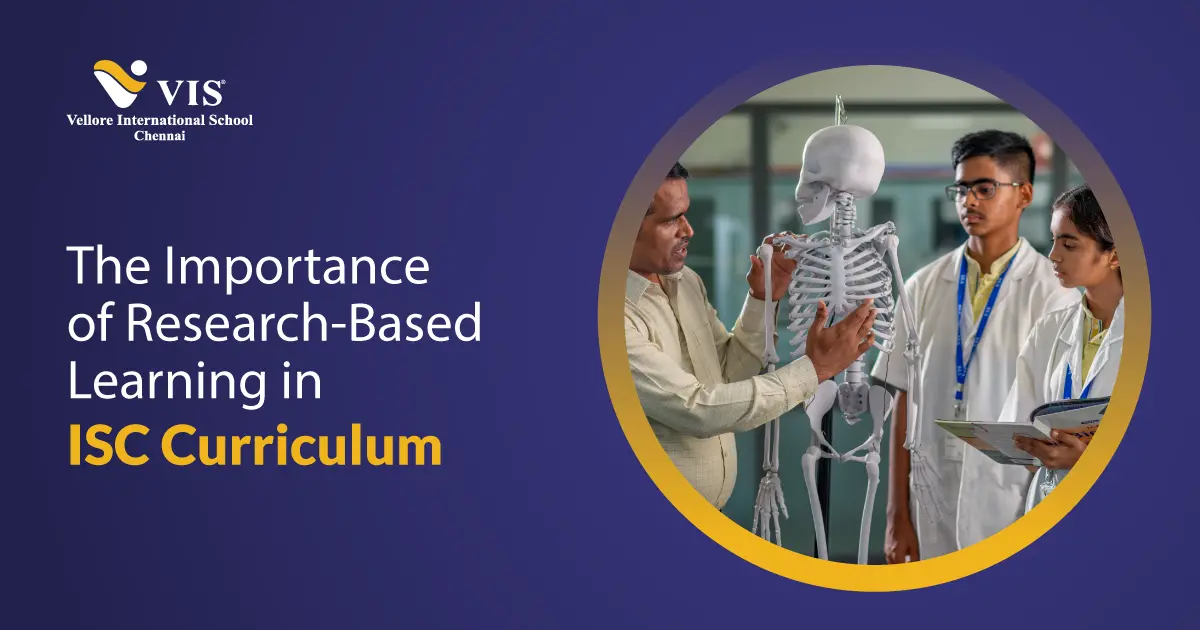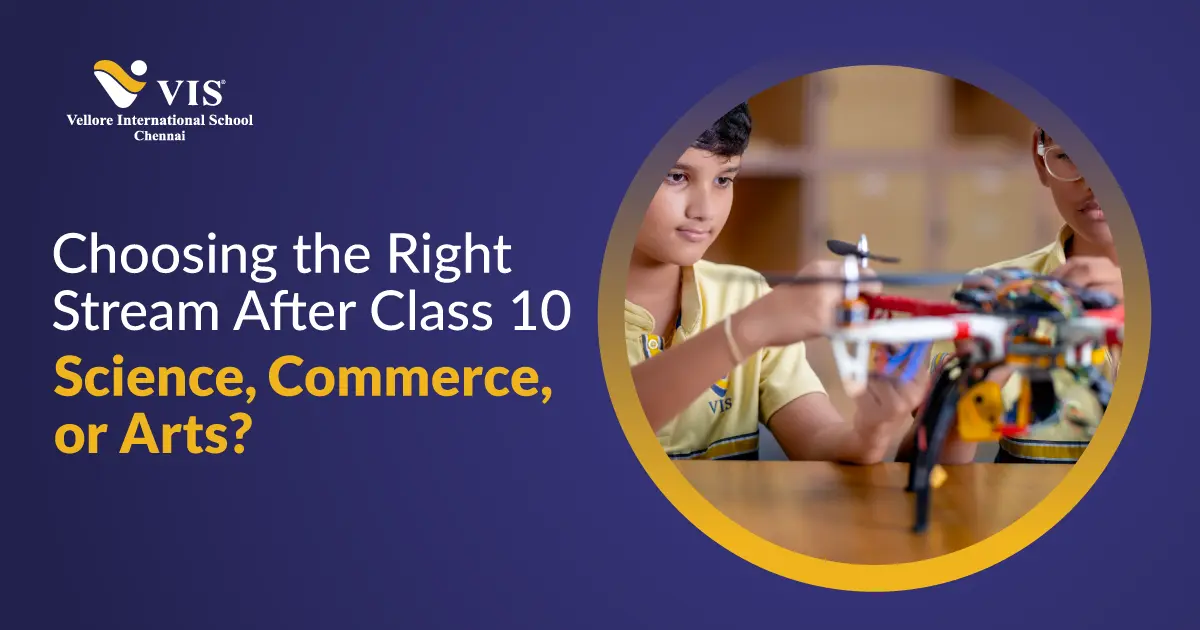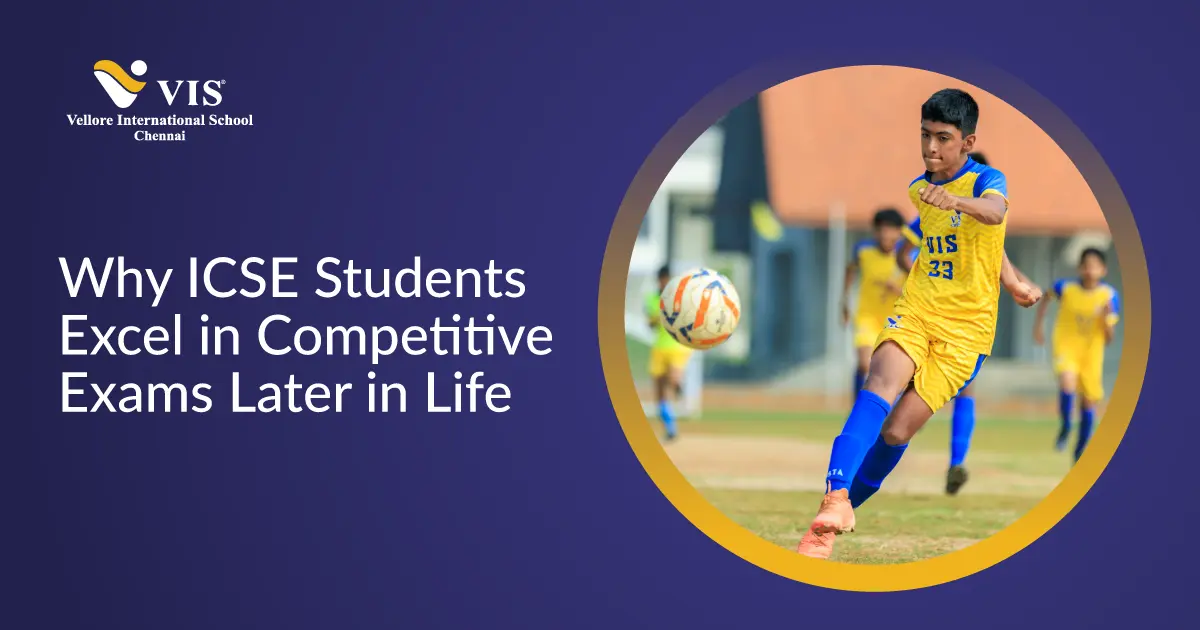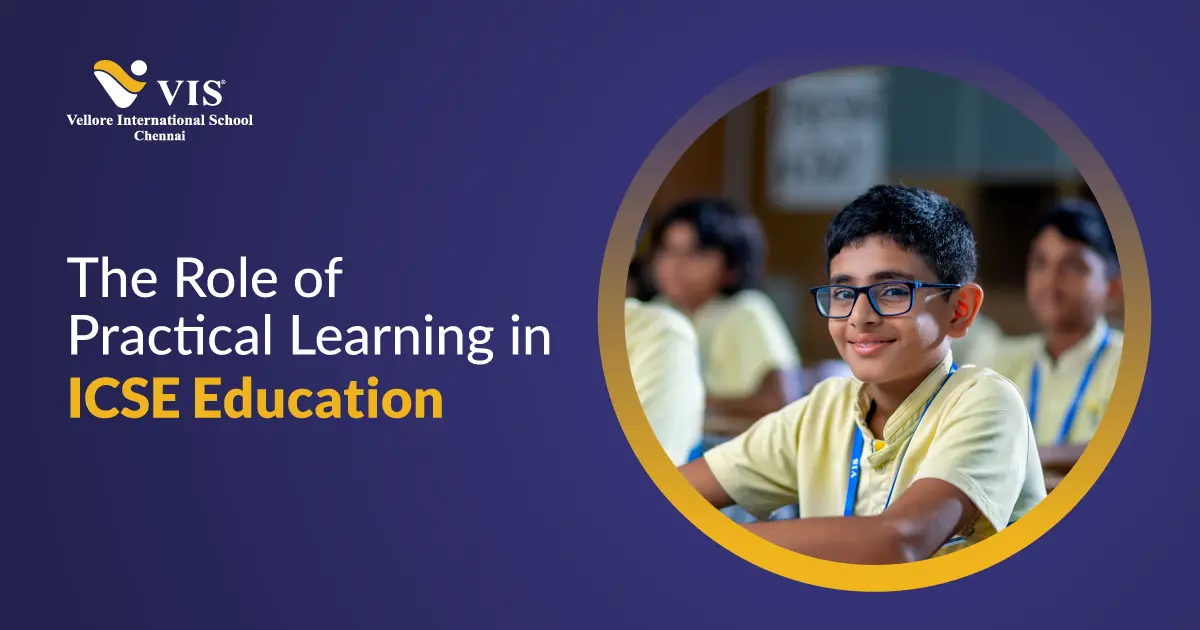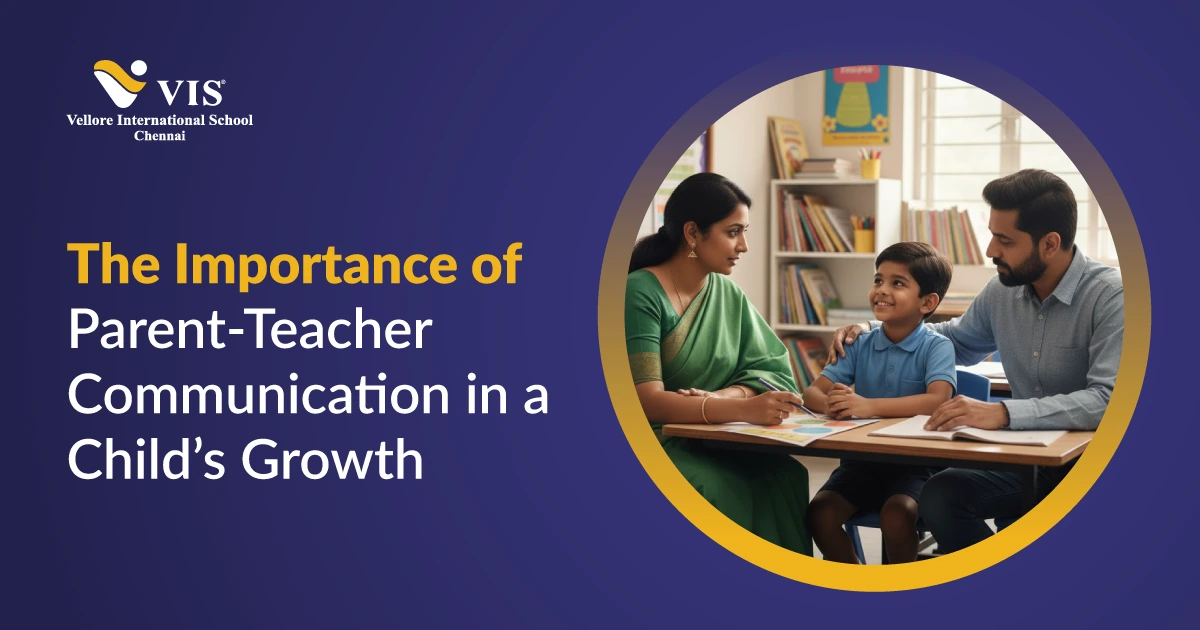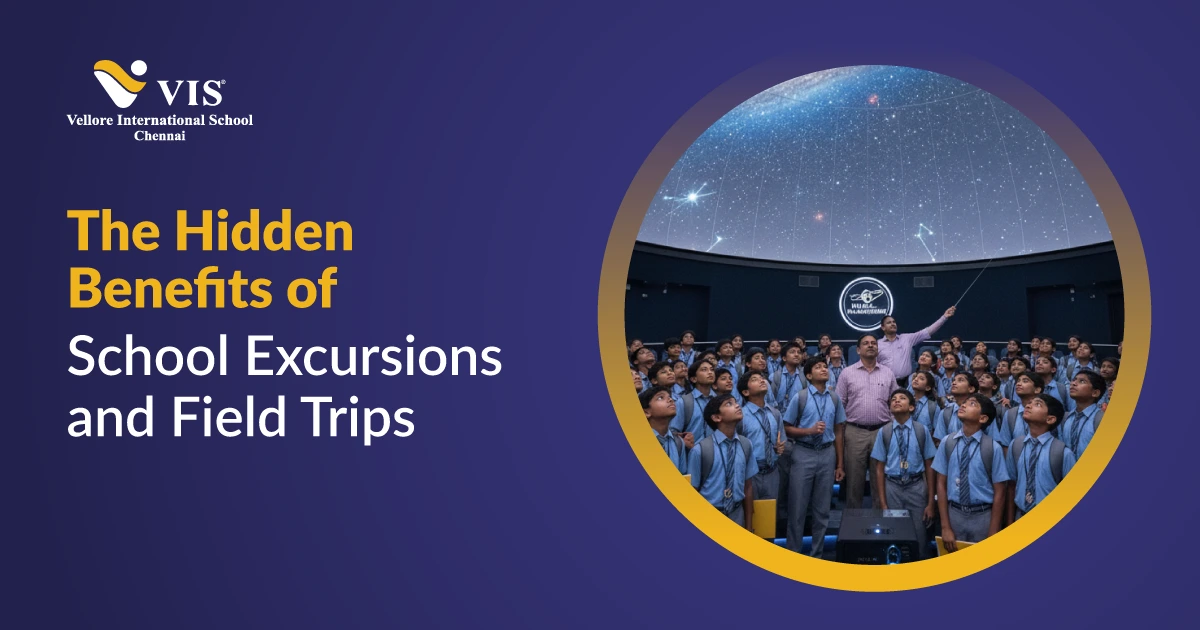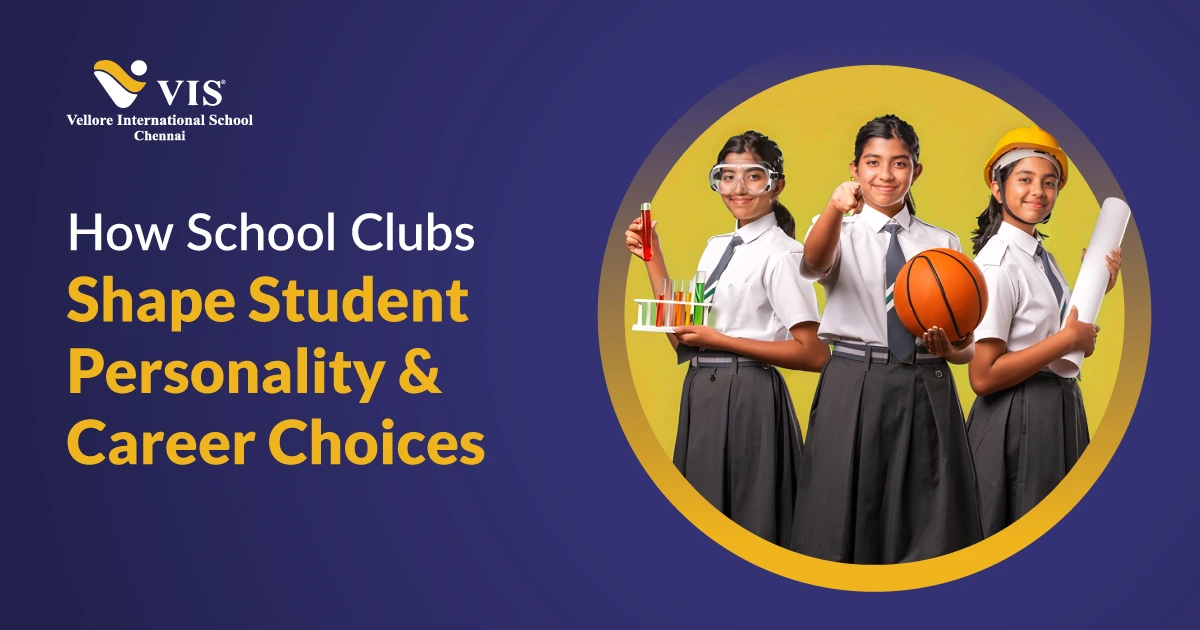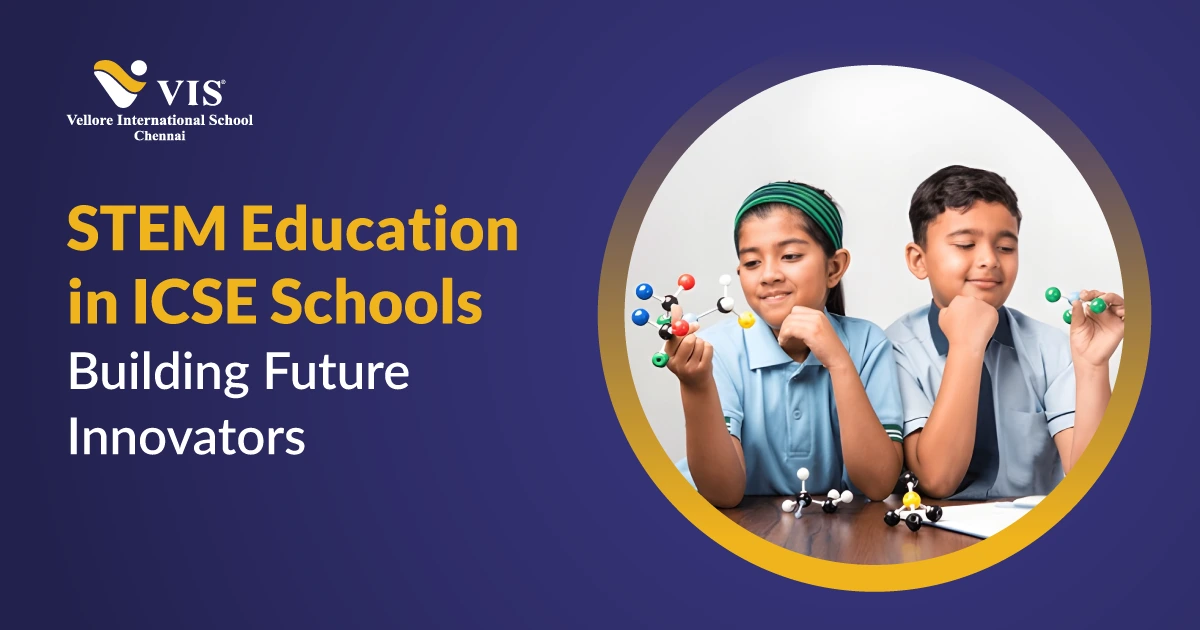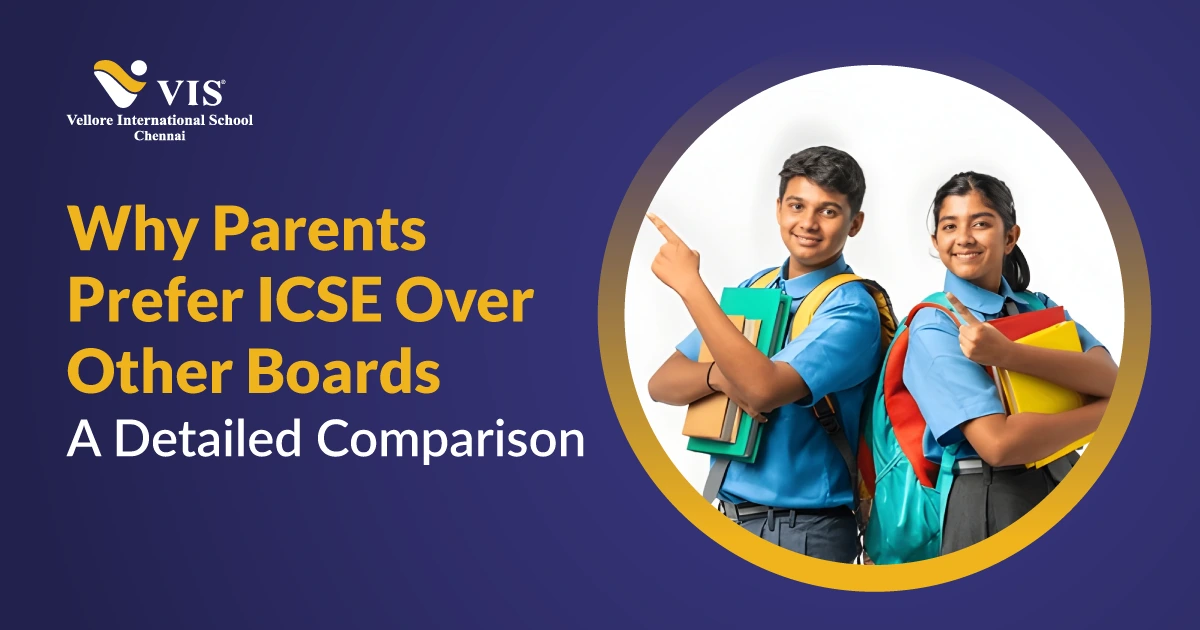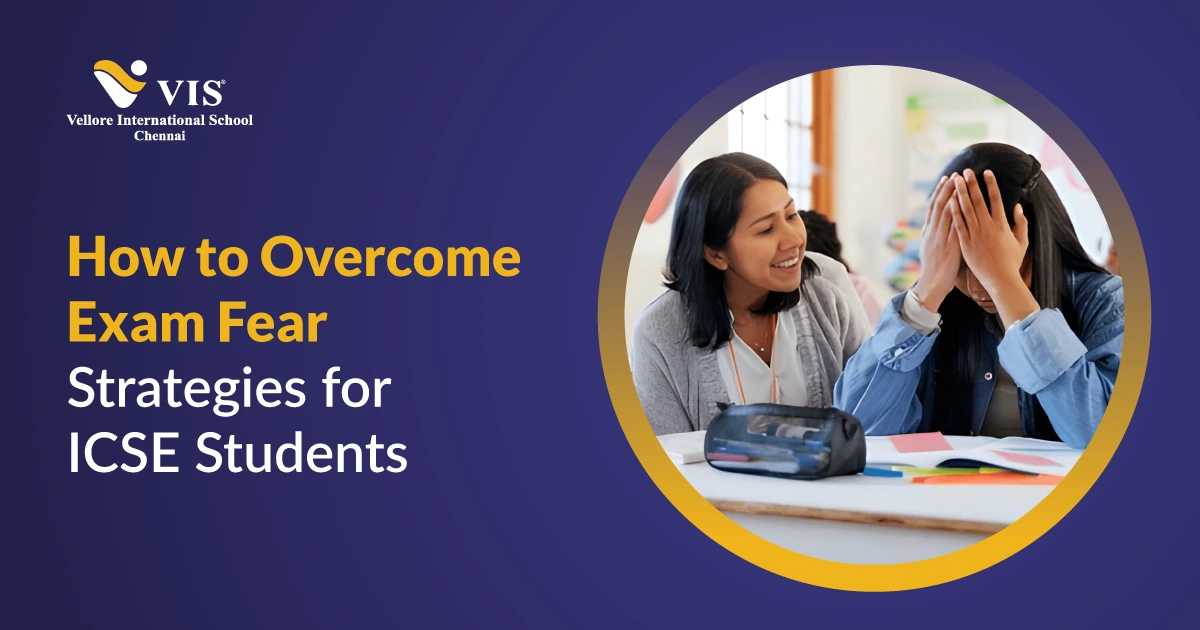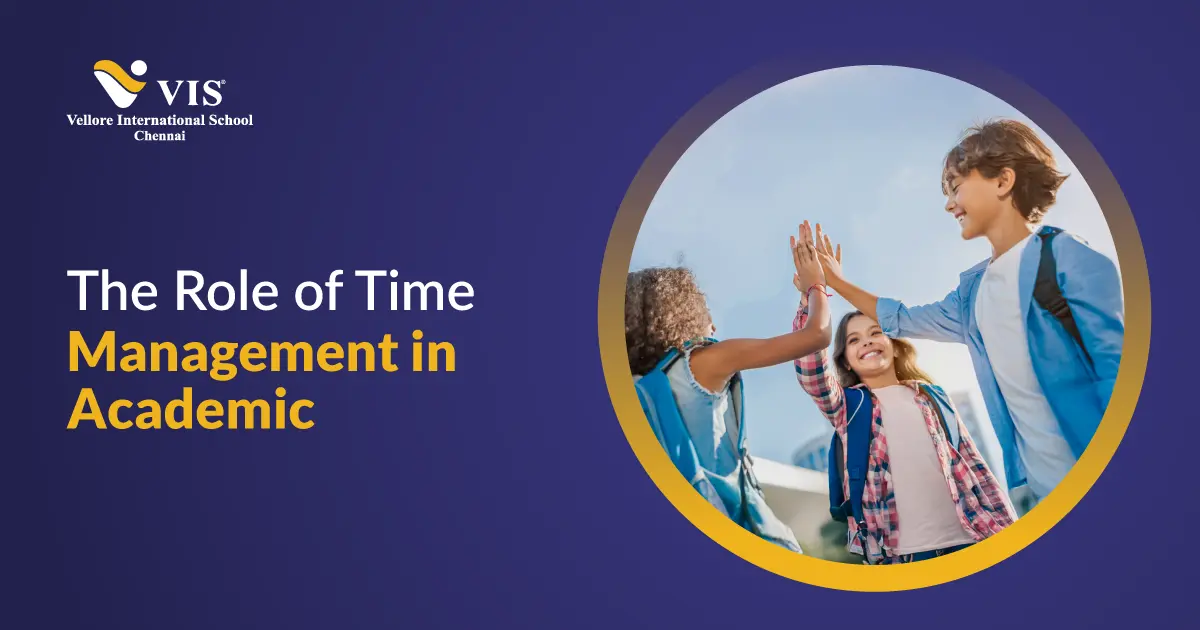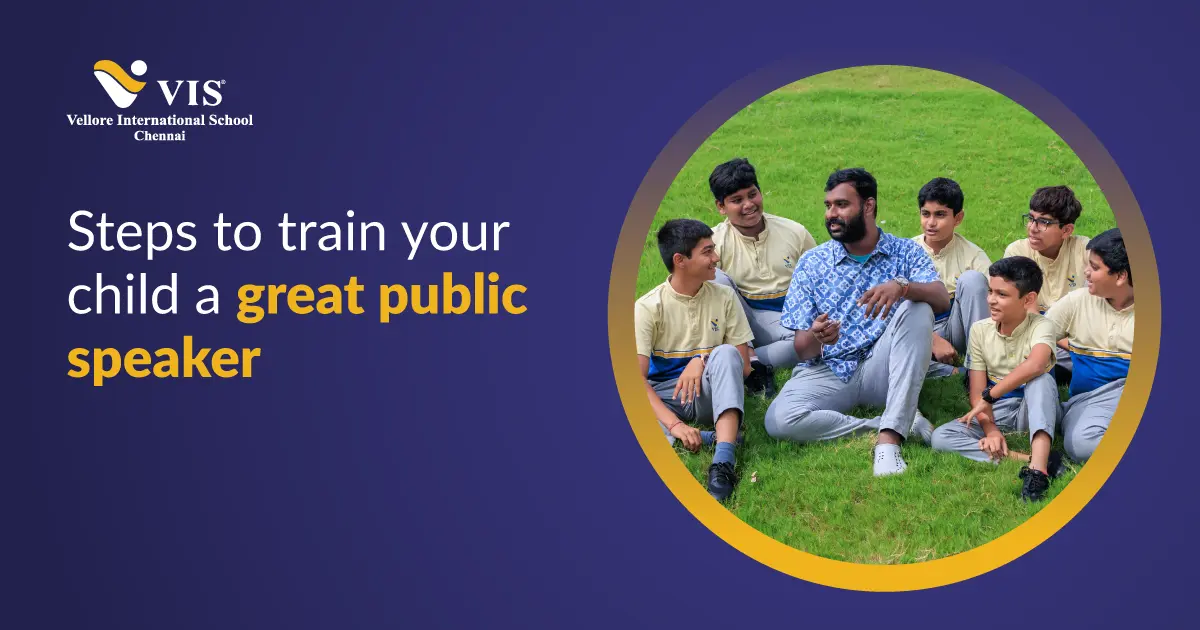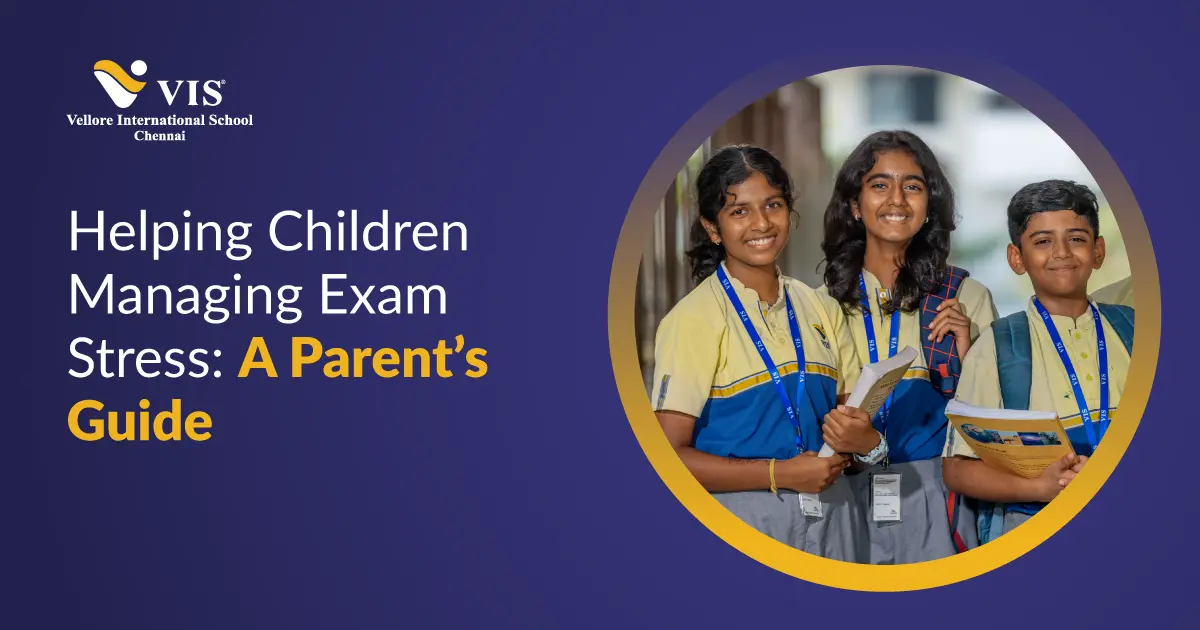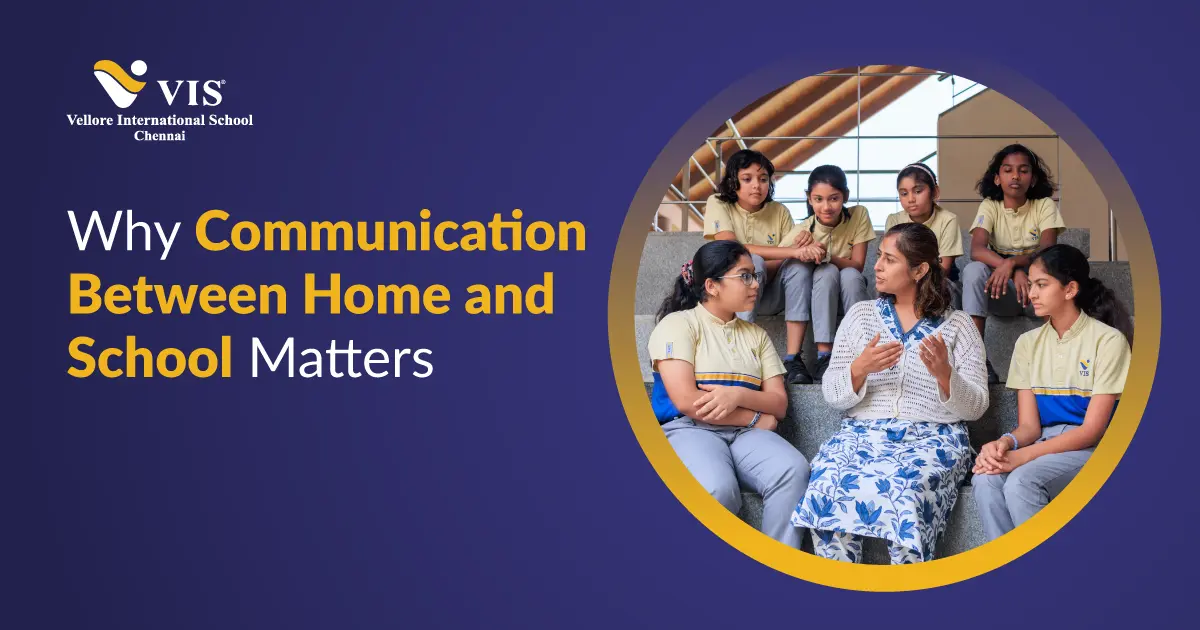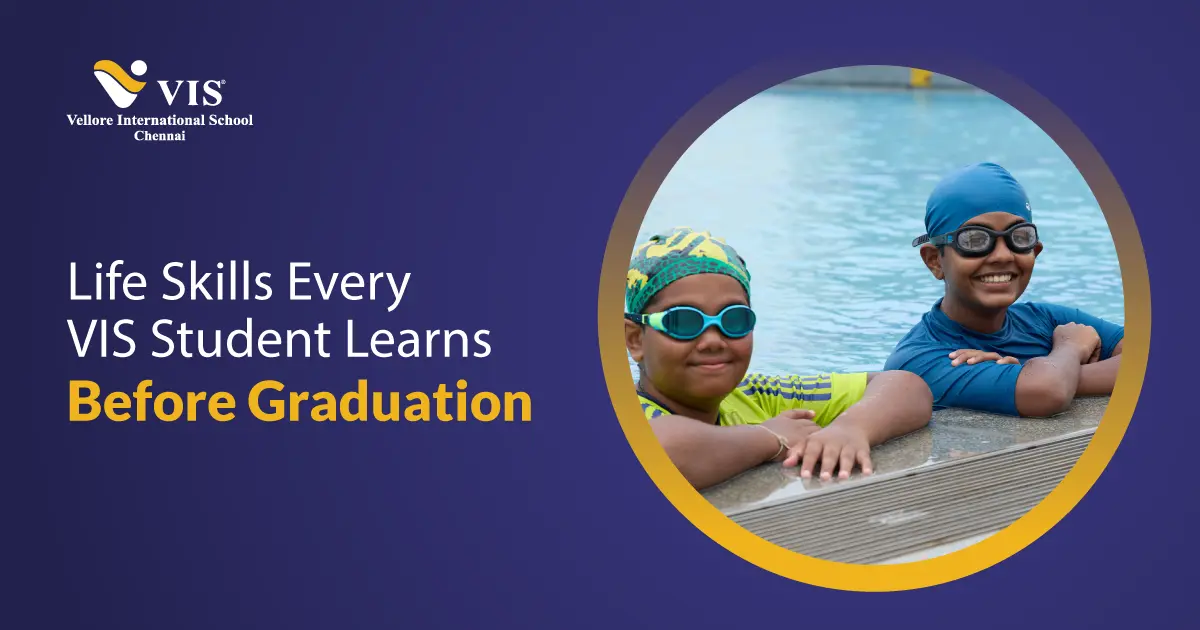Learning is not confined to textbooks and classrooms. Some of the most memorable lessons happen when students step outside their school gates. School excursions and field trips are powerful tools that provide experiential learning, spark curiosity, and build life skills in ways traditional teaching often can’t.
For ICSE schools, where holistic education is valued, understanding school field trips benefits ICSE is crucial for shaping well-rounded learners. This blog explore the Hidden Benefits of School Excursions and Field Trips.
The Hidden Benefits of School Excursions and Field Trips
1. The True Value of School Outings
One of the core aspects of education is shaping curious, confident individuals who can connect knowledge with the world around them. This is where the value of school outings becomes apparent. If it’s visiting a museum, exploring a forest, or touring a manufacturing unit, each trip enriches learning in unique ways.
Unlike passive learning in classrooms, educational trips for students transform abstract concepts into tangible experiences. A history lesson becomes vivid at a heritage site. A science chapter comes alive in a botanical garden. Mathematics becomes practical during a budgeting activity on a field trip.
For ICSE students, these outings align beautifully with curriculum objectives, encouraging observation, inquiry, and critical thinking.
2. Academic Enrichment through Real-Life Exposure
A) Museums and Heritage Sites
Taking students to historical monuments and museums reinforces classroom teaching. They connect dates, events, and personalities with physical spaces, creating lasting memories.
B) Nature and Science Parks
Visits to botanical gardens, science centres, or observatories encourage practical learning. Students witness phenomena they’ve studied, like plant diversity or celestial movements.
C) Industrial Visits
For older students, factory or industry tours reveal how theoretical concepts like production, logistics, or engineering operate in real-life settings.
The school field trips benefits ICSE approach focusing on this academic enrichment. Students retain concepts longer because they’ve experienced them, not just read about them.
3. Building Social Skills and Team Spirit
Another often overlooked value of school outings is their impact on social-emotional development. Field trips encourage teamwork, communication, and adaptability
- Students plan routes, share lunch, and make decisions together.
- They learn to manage belongings, follow instructions, and respect time.
- Interacting with communities outside school broadens their perspectives.
These soft skills are critical and educational trips for students naturally cultivate them in a joyful environment.
4. Creativity and Critical Thinking
When students are placed in new environments, they start observing, questioning, and connecting dots independently. If sketching a landscape during an art excursion or solving a puzzle at a science centre, these activities sharpen critical thinking.
ICSE schools often integrate project based learning, and field trips offer perfect material for post-visit assignments like reports, presentations, or debates. This blend of experiential and reflective learning is a key element of school field trips benefits ICSE programs.
5. Emotional Growth and Personal Confidence
For many children, field trips are the first time they step away from familiar routines. Navigating a new place, interacting with strangers politely, and managing small challenges build self-reliance.
The value of school outings lies in the way they gently stretch comfort zones, helping shy students open up and confident students refine leadership. Even a simple day trip can leave a lasting emotional imprint.
6. Strengthening Curriculum Connections
One of the reasons educational trips for students are so effective is that they provide natural links between theory and practice. Teachers can design pre- and post-visit activities to maximise learning impact
- Pre-visit: Briefing sessions, curiosity building discussions, or worksheets.
- During visit: Observation checklists, guided tasks, and interactive exploration.
- Post-visit: Reflective essays, quizzes, presentations, or art projects.
This structured approach makes the value of school outings recreational and educationally impactful. ICSE curricula, with their focus on application based learning, are especially suited for this model.
7. Inclusive Learning Opportunities
Not every student learns best through textbooks. For visual learners, kinaesthetic learners, or students who need real world context, field trips can be transformative. School field trips benefits ICSE students by catering to diverse learning styles. For instance:
- A visit to a planetarium might ignite a fascination with astronomy.
- A trip to a farm could make environmental science meaningful for a nature loving student.
- Art museums can inspire budding painters and designers.
These inclusive opportunities ensure that every learner finds a spark during educational trips for students.
8. Motivation and Engagement Booster
Let’s face it, field trips are exciting! This excitement translates into increased motivation to learn. When students know they’ll be visiting a place related to their syllabus, their curiosity spikes.
Teachers often observe improved participation before and after such trips.
That’s the subtle but significant value of school outings, they make learning vibrant and joyful. For ICSE schools that aim to nurture self-driven learners, these experiences are invaluable motivators.
9. Preparing Students for the Future
Field trips mirror real life situations, navigating unknown spaces, working with different people, adapting quickly. These experiences build resilience, adaptability, and curiosity, all essential 21st century skills. Educational trips for students also expose them to future careers.
A visit to a science lab may inspire a budding researcher. A heritage walk might nurture a future historian. Industrial visits can open minds to engineering or business pathways. The value of school outings extends far beyond the trip day. It plants seeds for future aspirations.
10. Strengthening Teacher-Student Bonds
Trips provide a relaxed environment where teachers and students interact beyond academic hierarchies. Shared experiences, like solving a challenge together or enjoying a scenic view, strengthen trust and rapport.
Such bonds make classroom environments more harmonious later. This interpersonal benefit is a subtle but powerful part of the school field trips benefits ICSE schools often leverage.
Practical Tips for Maximising Trip Impact
To ensure educational trips for students are truly effective, schools can follow a few practical strategies:
- Link with Curriculum: Ensure the trip connects directly with academic goals.
- Plan Pre/Post Activities: Structure learning before and after the trip.
- Ensure Safety and Inclusivity: Every child should feel secure and included.
- Use Reflection Tools: Journals, presentations, or discussions deepen learning.
- Document the Journey: Photos, reports, or videos help preserve and share learning.
When done thoughtfully, the value of school outings multiplies, creating ripple effects in academic performance and personal growth.
Parents’ Role in Supporting Trips
Parents play a key role in reinforcing learning from trips. Encouraging children to talk about their experiences, helping with post-visit projects, and sharing their own related experiences make learning continuous.
ICSE schools often communicate trip objectives to parents beforehand, allowing them to align support at home. This home school synergy is another dimension of school field trips benefits ICSE communities cherish.
Overcoming Common Challenges
While educational trips for students are immensely valuable, schools sometimes face logistical or safety challenges. Common issues include:
- Creative planning and community partnerships can help.
- Transparent communication and safety measures build trust.
- Proper scheduling ensures trips don’t disrupt academics.
By addressing these proactively, schools can continue delivering the value of school outings consistently and meaningfully.
Vellore International School: Turning Excursions into Experiences
At Vellore International School, field trips and excursions are carefully curated as integral components of learning. Aligned with ICSE’s vision, the school believes that educational trips for students build knowledge and character.
If it’s a cultural immersion trip, an environmental awareness outing, or a historical tour, each experience is designed to enhance classroom learning. Students explore, reflect, and share their experiences through projects and discussions, maximising the school field trip benefits for every learner.
Final Thoughts: Learning That Lasts a Lifetime
Field trips are life events. Years later, students may forget the details of a chapter, but they’ll remember the thrill of a nature walk, the awe of a museum, or the camaraderie of a class journey. These experiences are woven into the educational fabric, enhancing academics, character, and worldview simultaneously.
Through educational trips for students, schools unlock creativity, confidence, and curiosity. By understanding the value of school outings, educators and parents can work together to shape successful students and inspired, empathetic individuals ready to face the world.
FAQs
1. What are the key school field trips benefits ICSE schools offer?
ICSE schools focus on holistic learning, and field trips support this by combining academics with real world exposure. Students understand concepts better, develop social skills, and gain emotional confidence. These experiences help shape individuals prepared for future challenges.
2. How do educational trips for students improve academic performance?
Educational trips for students turn classroom lessons into real-life experiences, helping children understand and retain information more effectively. Visiting historical sites, science centres, or industries strengthens conceptual clarity.
3. Why is the value of school outings important for ICSE learners?
The value of school outings lies in bridging the gap between theory and practice. For ICSE learners, these trips develops observation, creativity, and problem-solving beyond textbooks. Outings encourage teamwork, critical thinking, and cultural awareness.
4. Are school excursions beneficial for shy or introverted students?
Yes, school excursions create a safe and engaging environment for shy students to open up. Participating in group activities and exploring new places builds confidence gradually. These experiences help them develop social skills, express themselves better, and feel more included.
5. How does Vellore International School conduct educational trips for students?
Vellore International School thoughtfully plans educational trips for students to align with ICSE learning goals. Each trip blends academic relevance with exploration, creativity, and cultural exposure. Safety, inclusivity, and structured learning are prioritised to make every outing impactful.

